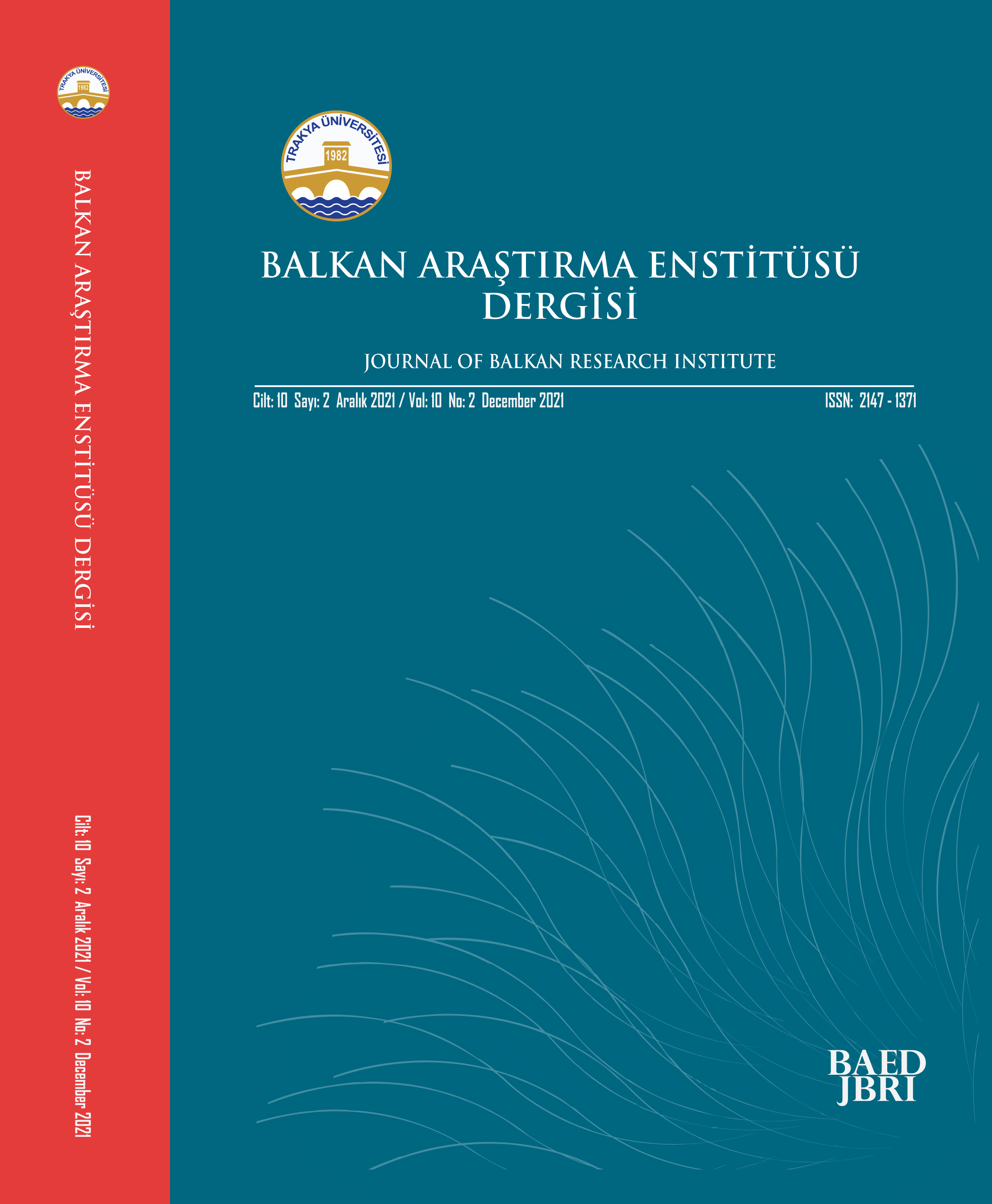OSMANLI ŞEHİRLERİNDE VAKIFLAR VE KÜLTÜREL HAYAT: SELANİK VE SOFYA
WAQFS AND CULTURAL LIFE IN OTTOMAN CITIES:
THESSALONIKI AND SOFIA
Author(s): Mehmet Tuğrul, Mehmet BulutSubject(s): Politics / Political Sciences, The Ottoman Empire
Published by: Trakya Üniversitesi Balkan Araştırma Enstitüsü
Keywords: Ottoman;City;Waqfs;Thessaloniki;Sofia;
Summary/Abstract: The Balkans was the region where the Ottomans put their imagination of city and civilization into practice. The most crucial motive that made the Ottomans permanent in this region was the waqf institution. The waqf, which dates back to ancient times, has become one of the most important institutions of the Islamic civilization and the Ottoman Empire. In this respect, it is necessary to analyze the waqf system in order to understand the social and economic structure of the Ottoman Empire. For this purpose, the comparative analysis of two cities selected from the Balkans will form the basis of the study. In this study, in the light of the waqf documents determined from the General Directorate of Foundations, the Greek Macedonian History Archive and the Sofia National Library archives, a comparative analysis of the foundation works and services performed in the cities of Thessaloniki and Sofia will be analyzed.
Journal: Balkan Araştırma Enstitüsü Dergisi -Trakya Üniversitesi
- Issue Year: 10/2021
- Issue No: 2
- Page Range: 601-633
- Page Count: 33
- Language: Turkish

